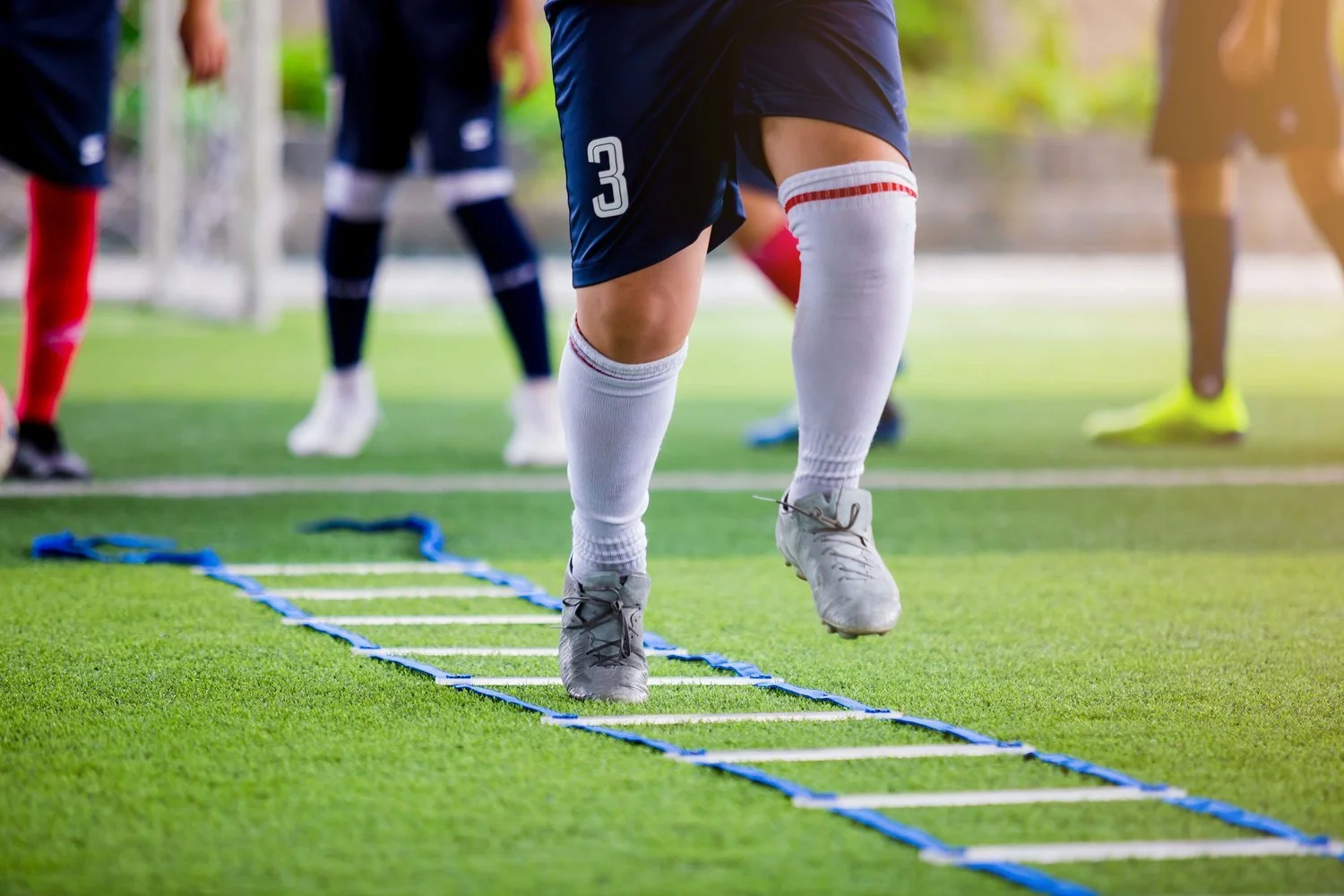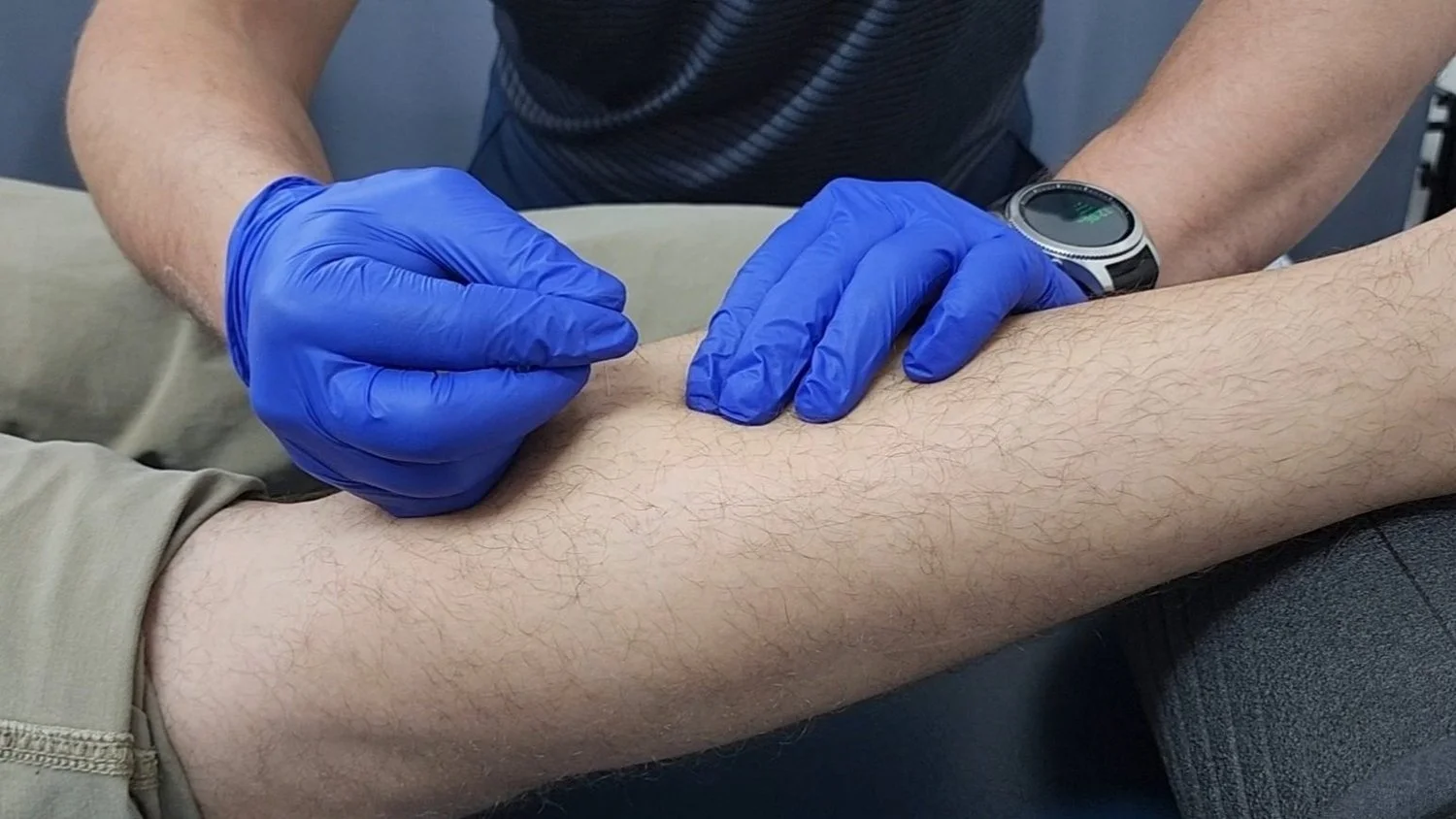
Physical Therapy
Services
Body Mechanics offers PT to assist in recovery and from overuse injuries and post-operative care. Each member of our clinical team has graduated with the highest level of education in our field. We implement the latest treatment methods and technology, to provide proof of progress through measurable data.
Assessment and Evaluation: We start by assessing a patient's movement, strength, flexibility, and overall physical condition. This helps us identify areas of concern and develop a personalized treatment plan.
Education and Prevention: We believe in educating our patients about proper body mechanics, ergonomics, and exercises to prevent future injuries and maintain optimal physical health.
Rehabilitation: All of our team members have experience in post-surgery recovery or rehabilitation after an injury.
Collaboration: We always aim to work closely with other healthcare professionals, such as doctors, nurses, occupational therapists, and orthopedic surgeons, to provide comprehensive care.
Specialized Treatments
SportsMetrics ACL Injury Prevention & Recovery
The Sportsmetrics™ program was designed to reduce the risk of injury and enhance athletic performance. Built on developing strength, coor-dination and overall physical conditioning, it has been scientifically proven to decrease serious knee ligament injuries in athletes.
Dry Needling
Dry needling is a therapeutic technique used to alleviate pain and improve muscle function. It involves inserting thin, sterile needles into trigger points or tight knots in muscles, tendons, ligaments, or near nerves to stimulate a healing response. Potential benefits include; pain relief, improved range of motion, enhanced blood circulation and chronic pain management.
Treatment Areas
All of our therapists specialize in a wide range of treatment areas and injuries. For specific questions and concerns about treatment areas, please fill out our contact form with details or give us a call.
-
Our clinic is one of ten locations in the state that offers Sportsmetrics™ ACL Injury Prevention. This prevention program boasts an 88% reduction in the likelihood of non-contact ACL injury after its completion.
-
There are many causes for low back pain, including disc degeneration, muscle strain, and joint problems. Our team is trained to address muscle spasm, alleviate joint and nerve root compression, and provide core strength training to both reduce your pain and prevent re-injury.
-
Bicep strain or tendonitis is caused by stress to either the muscle (muscle strain) or tendon (tendonitis) of the bicep which can often occur due to poor posture and poor muscle strength. Our team can quickly treat such a strain with postural education, shoulder strengthening, and soft tissue mobilization.
-
Bursitis is a name given to a condition that involves inflammation of a bursa sac. This can occur nearly anywhere in the body, but commonly in the hip, shoulder or knee. We will help you resolve this inflammation with repetitive low-stress movement, and then strengthen musculature in the area with progressive strengthening to prevent the condition from returning.
-
Concussions occur not only with a direct blow to the head but can also result from quick whip-like movement of the head or neck. Our team has been treating concussion injuries for a number of years. We will help you identify and treat your symptoms which can include decreased focus, dizziness, impaired balance, migraines and light/sound sensitivity.
-
Elbow pain is commonly caused by stress to a muscle, tendon, or ligament. Common diagnoses include tennis elbow, golfer's elbow, ulnar-collateral ligament sprain, bicep tendonitis, or dislocation. We will identify exactly which structures are involved, and come up with a treatment plan to address your particular injury.
-
Golfer's elbow is a common name for medial epicondylitis, which is a strain of the tendons at the inside surface of the elbow. Our team will perform soft tissue mobilization techniques and prescribe a series of exercises to alleviate this tendon strain through repetitive low-stress movements. Once the strain is resolved, we will select exercises to help develop strength of the affected muscles to prevent re-injury.
-
Orthopedic knee pain is usually caused by either arthritis, chondromalacia, ligament sprain, or tendonitis. We will identify exactly which structures are involved, and come up with a treatment plan to address your particular injury.
-
Meniscus pain in the knee is often caused by repetitive stress, or by a twisting or pivoting movement, which can cause a sprain or tear to the meniscus. The meniscus is a piece of cartilage between the two long bones that form the knee, and it acts as a cushion to reduce pressure or compression. We can help reduce your meniscus pain through a series of manual techniques, and then help prevent re-injury by normalizing the strength and muscle length of the quadriceps, hamstring, calf, and hip musculature.
-
Neck (cervical) pain can be caused by nerve or disc compression, muscle strain, or joint dysfunction. These injuries can be addressed with manual therapies that will include traction, stretching, and massage to alleviate your pain.
-
Patellofemoral pain is a broad diagnosis which includes any number of causes of inflammation around the joint at the front/inside of the knee consisting of the patella and the femur. Patellofemoral pain usually occurs when the kneecap which is meant to glide between two bony prominences on the front of the knee instead collides with these prominences. We will assess why this is happening in your case and correct this with proprioceptive training, muscle stretching, and functional movement training.
-
Piriformis syndrome is a condition that can cause pain or tingling down the leg due to the piriformis muscle in the hip pinching the sciatic nerve. Our therapists can help resolve this condition by alleviating pain through manual techniques such as soft tissue mobilization and stretching, followed by hip and core strength training.
-
Rotator cuff injuries can be caused by repetitive arm use, or can happen traumatically as the result of a forceful pull or fall. In extreme cases, the cuff may need to be surgically repaired. Our team will help reduce your pain by performing joint mobilization techniques, soft tissue mobilization, postural education, and rotator cuff endurance training. In the instance of surgical repair, our team will work with your doctor or surgeon to ensure that your shoulder gets the exact treatment it needs exactly when it needs it to ensure a speedy recovery.
-
Sciatica is a broad diagnosis given to any number of causes resulting in compression of the sciatic nerve and the resulting pain in the low back and/or down the leg. Our team can address this condition with treatments such as traction, massage, stretching, and core strengthening.
-
Shoulder pain can have a number of causes ranging from poor posture caused by sitting at a desk all day, repetitive arm use or throwing injuries commonly found in athletes. Shoulder pain is commonly caused by rotator cuff strain, bicep tendonitis, dislocation, or impingement syndrome. We will identify exactly which structures are involved, and come up with a treatment plan to address your particular injury.
-
SI or Sacroiliac pain or dysfunction occurs due to a shift between your sacrum (tailbone) and illium (pelvic bone), and usually feels like pain to the left or right side of the low back, sometimes with pain down the leg. Our therapists can help you resolve this shift with Muscle Energy Techniques (MET), traction and stretching. Once you are “back in alignment” we will help you to create stability around this joint though core and hip strengthening to prevent the pain from returning.
-
Tennis elbow is a common name for lateral epicondylitis, which is a strain of the tendons at the outside surface of the elbow. Our team will perform soft tissue mobilization techniques and prescribe a series of exercises to alleviate this tendon strain through repetitive low-stress movements. Once the strain is resolved, we will select exercises to help develop strength of the affected muscles to prevent re-injury.
-
Total hip replacement surgery is a fairly common procedure which can be performed with either an anterior or a posterior approach. Regardless of which type of hip replacement you have had, our team will work with your doctor or surgeon to ensure that your hip gains mobility as directed by your doctor, and then develops the strength needed to return to walking, stair climbing, and other functional activity.
-
Total knee replacements are becoming more and more common in today's medical advances. Our team is very familiar with total these kinds of procedures and will help you gain range of motion, strength, and balance in the weeks following your surgery.
-
Vertigo is a condition that can occur with little to no provocation, and give you the sensation that you are falling or that the room is spinning. This can result in you having difficulty standing upright, walking, or driving. Our team will help you address these items and resolve any dizziness you may have.


